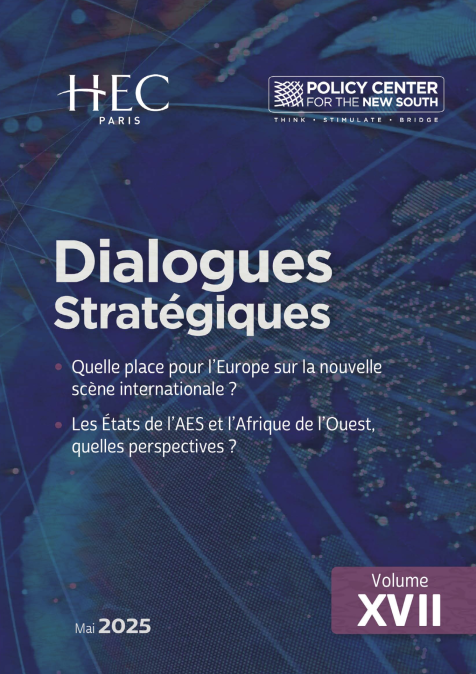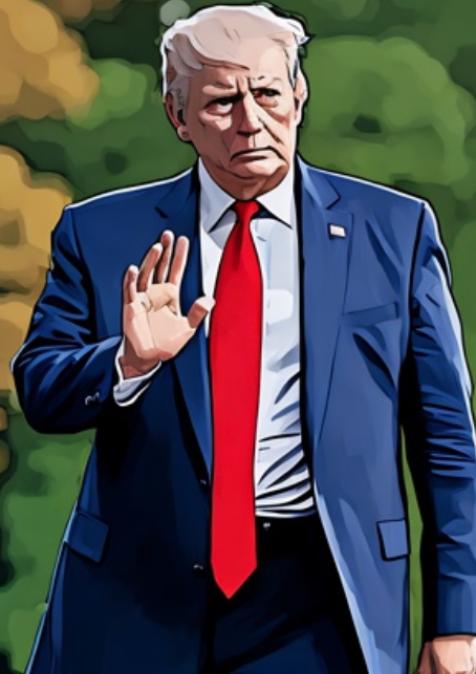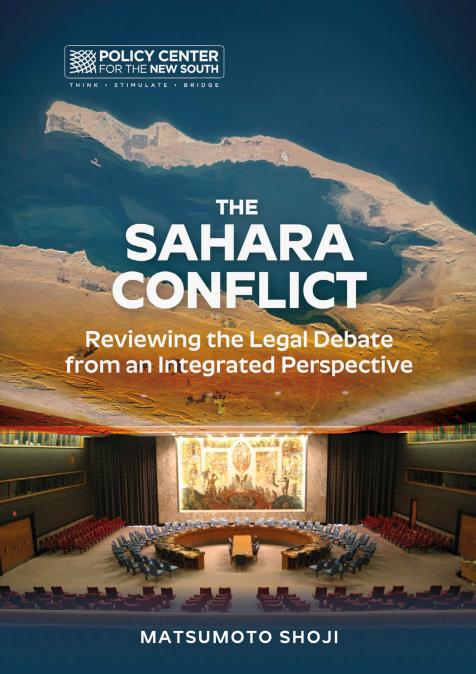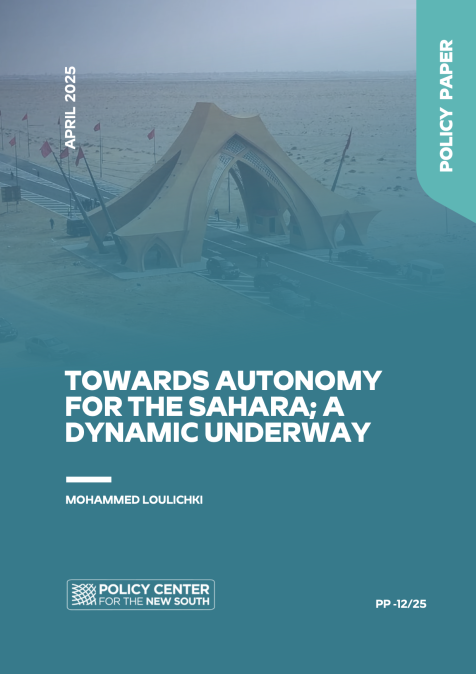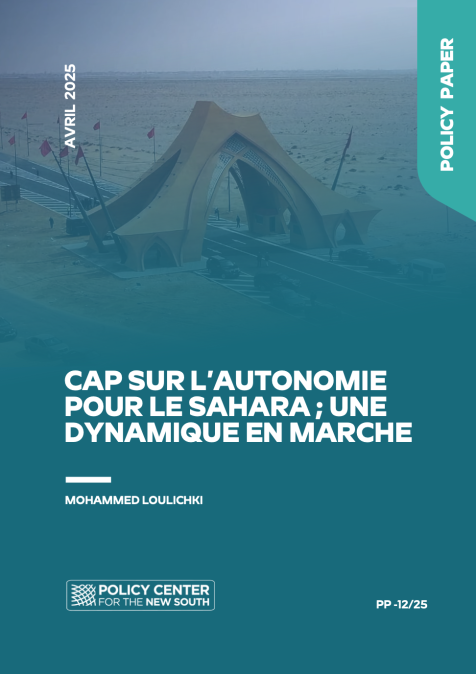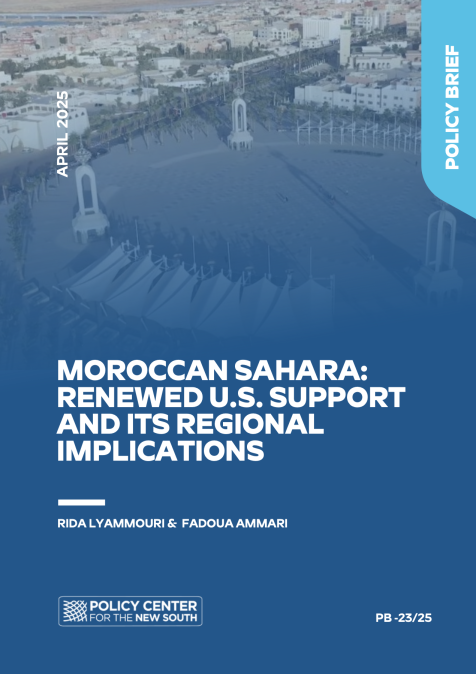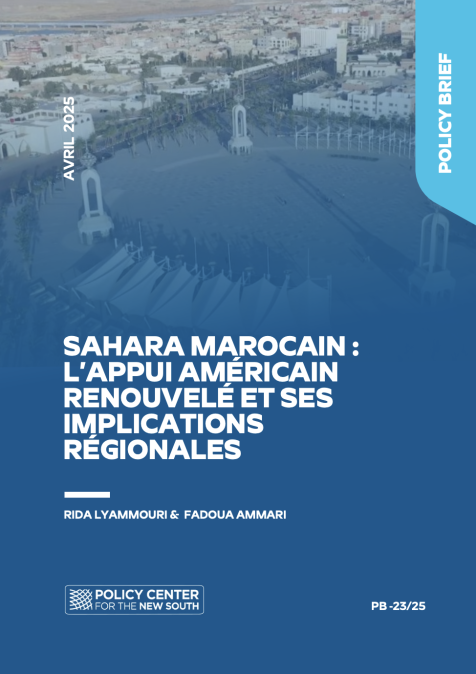Podcasts
Après le référendum : quel paysage politique en Turquie ?
Related topics:
Dans ce podcast, Dorothée Schmid revient sur le référendum constitutionnel organisé en Turquie à la suite de la tentative de coup d’État de juillet 2016. Situation que notre spécialiste compare à celle qu’a connue le Venezuela, l’AKP d’Erdogan a ainsi suivi une logique de conservation du pouvoir traduite par un resserrement du paysage politique et un isolement du pays.
Outre l’aspect déstabilisateur de cette tentative de renversement, l’AKP a trouvé dans cet événement un moyen de donner un coup d’impulsion à un projet de réforme constitutionnelle déjà mis en débat avant juillet 2016. Fort de sa reprise en main du pays, Recep Tayyip Erdogan a ainsi convaincu 51% des Turcs à voter en faveur du référendum constitutionnel…ou davantage en faveur de la stabilité du pays rendue urgente par la menace de chaos agitée par l’AKP lors de la campagne référendaire.

